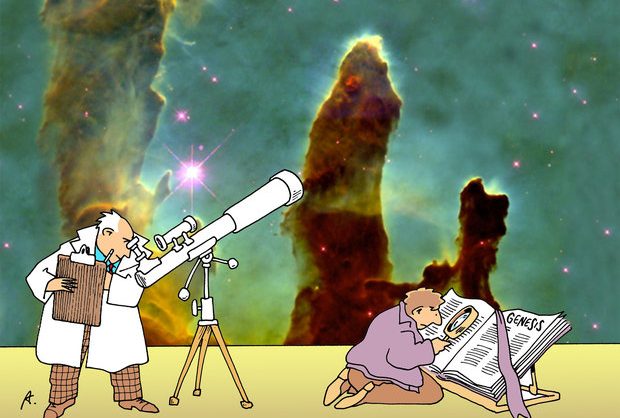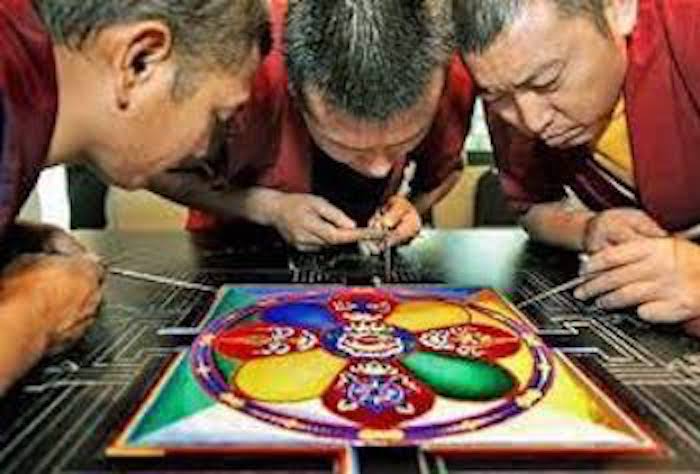
What It Means To “Search for God”
Despite what you may think about a guy who used to be a priest, I’ve had my ups and downs with faith.
Doubt has come in various forms, but mostly it has been a basic doubt about God’s existence. Once I was able to get past that – that God exists, that he/she created the world in some unknown way (obviously through evolution) and so must be able to do about anything – the related beliefs didn’t seem like a big deal.
Eventually, I came to the point of deciding I had to decide, and I decided to believe, undoubtedly aided by the Holy Spirit. I’ve never looked back.
That doesn’t mean that doubt has disappeared. I’ve come to see doubt as a necessary part of faith. If belief were a certainty, there would be no need for faith. And if faith were certain, there would be no liberty to reject God.
Uncertainty is the Norm
I also eventually saw that uncertainty is the norm for human knowledge. There’s a lot of uncertainty in science, for instance. In the search for God, too, uncertainty must be embraced.
This blog is continually referring to readers as “people searching for God,” so it may be a good idea to write about what I believe that phrase means. To me, it places those of us who believe alongside those who don’t because uncertainty allows for degrees. I would guess there are few believers who haven’t had doubts just as there are few unbelievers who haven’t wondered if they should believe.
People truly searching for God, in my view, take the search seriously no matter the degree to which they believe. As my Mom used to say, “Anything worth doing is worth doing well.”
That means learning to pray – even when, at times, we seem to be talking to ourselves – to be open to God’s attempts to speak to us through others and through events in our lives, reading and listening to what will help us believe, and meeting head-on the challenges to whatever “amount” of faith we have.
Give Up On Images
People searching for God give up non-believer images we may have cultivated, including the now preferred image of one who is indifferent about God and religion. And we try to be God-like.
For people searching for God in the Christian and Jewish traditions, it means adopting the traits of God presented in the Bible. I know. God is sometimes presented as a belligerent tyrant in the Hebrew Bible, but that can be ascribed to the Hebrews’ borrowing concepts from neighboring peoples before their image of God evolved to another stage.
So for the authors of the psalms, God is a loving creator who is always ready to forgive, a shepherd who watches over us and protects us. For the authors of the gospels in the Christian Bible, God is father, provider and healer, who can even raise us from the dead.
So in the ways these attributes can be applied to humans, people searching for God adopt them. Just as it’s hard to seriously search for God without prayer, it’s impossible to conduct a genuine search without helping others, becoming involved in others’ lives and in making the world a better, more compassionate place.
Love Trumps
If Jesus taught nothing else by his life and death, it’s that love trumps all. So people truly searching for God will not adopt the attitude that sees others as “losers,” discriminates by race, religion or gender, promotes “an eye for an eye,” or sees foreigners as less than human.
Some people who haven’t yet made a commitment in their search for God may be hung up on dogmas, the clergy abuse of kids and other scandals, the ritual or the bad rap that religion currently gets in society. But is it possible that these are smoke screens that keep us from making a decision about faith?
It occurred to me recently that I’m a happy person, and I can honestly say that I wouldn’t be so happy had I not made the decision I did about faith. But I’m always searching for God and I suspect I’ll be doing so until my dying day. I also suspect it’s what God intends.



